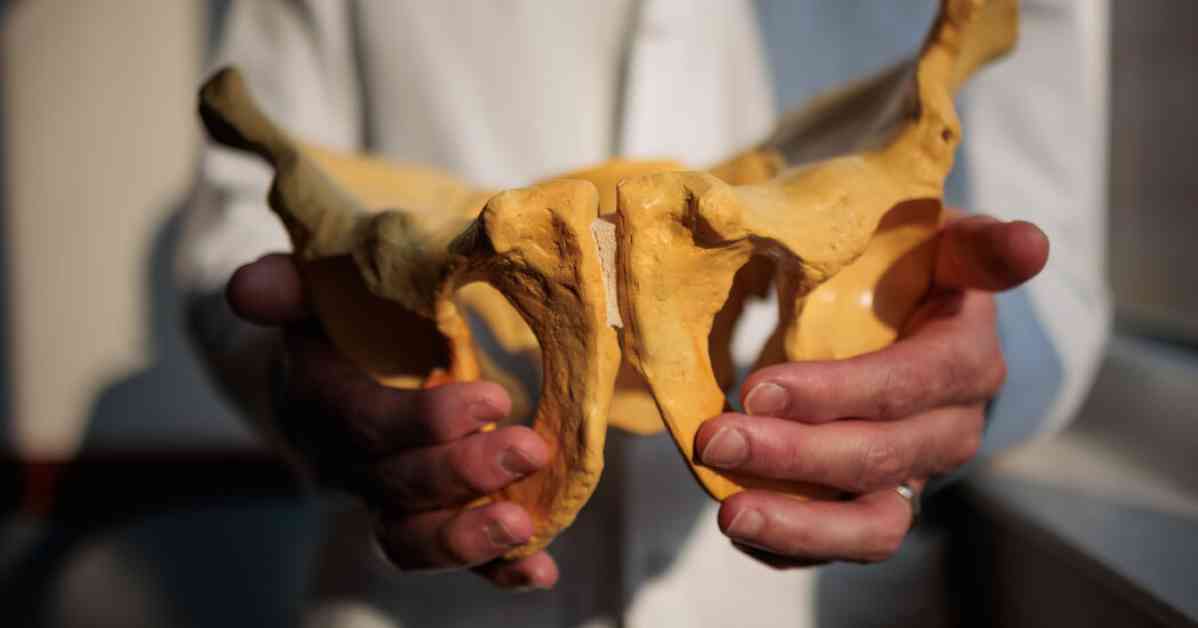Obesity and Joint Replacement: A Complex Healthcare Challenge
In the realm of orthopedic medicine, the intersection of obesity and joint replacement surgery presents a challenging dilemma for both patients and doctors. As obesity rates continue to rise, so do the cases of arthritis, leading to a growing number of individuals in need of joint replacements. However, many doctors are hesitant to perform these common surgeries on patients with high body mass indexes (BMI), citing increased risks and complications. This reluctance has left many individuals, like Janet Daniels of Alexandria, Va., and Alicia Kline of Reading, Pa., facing discrimination and struggling to find medical professionals willing to help alleviate their pain and improve their quality of life.
The Personal Struggles of Patients
Janet Daniels, a resident of Alexandria, Va., has been battling obesity since the age of eight. Despite trying various diet and exercise programs, she has been unable to shed the excess weight that burdens her knees. In desperate need of knee replacements, Janet has repeatedly been turned away by surgeons who deem her BMI too high for the procedure. Similarly, Alicia Kline, a 54-year-old woman from Reading, Pa., has been living with constant hip pain due to arthritis. Her BMI, which exceeds 50, has made it nearly impossible for her to find a doctor willing to perform a joint replacement that could potentially alleviate her suffering. These stories shed light on the personal struggles faced by individuals grappling with obesity and joint issues.
The Medical Concerns Surrounding Obesity and Joint Replacement
Orthopedic surgeons are faced with a complex decision when it comes to operating on patients with high BMIs. While the science behind BMI is often criticized, doctors emphasize the significant risks associated with performing joint replacements on individuals with elevated BMIs. These risks include infections in the prosthetic joint that can lead to severe complications such as amputations and even death. As a patient’s BMI increases, so do the potential dangers of surgery. Professional organizations like the American Academy of Orthopedic Surgeons and the American Association of Hip and Knee Surgeons do not have strict BMI cutoffs for operations, leaving orthopedists to make individual judgments based on their own criteria.
Challenges Faced by Orthopedic Surgeons
A survey published last year revealed that less than half of orthopedic surgeons would be willing to operate on a patient with a BMI over 40, a category that encompasses over 22 million American adults. The reluctance to perform surgeries on individuals with high BMIs becomes even more pronounced when looking at patients with BMIs over 50 or 55. Only 11 percent of orthopedic surgeons would consider operating on someone with a BMI over 50, and the number dwindles to just 3 percent for patients with BMIs over 55. These statistics highlight the challenges faced by orthopedic surgeons in navigating the delicate balance between providing much-needed care and mitigating potential risks associated with obesity.
Navigating the Complexities of Obesity and Joint Replacement
The issue of obesity and joint replacement surgery is multifaceted, requiring careful consideration of both the medical risks and the individual needs of patients. While BMI serves as a useful metric for assessing overall health, it should not be the sole determining factor in deciding whether a joint replacement is appropriate. Orthopedic surgeons must weigh the potential benefits of surgery against the risks posed by a patient’s BMI, taking into account factors such as overall health, mobility, and quality of life. Additionally, efforts to address obesity through lifestyle modifications, dietary changes, and exercise should be integrated into the treatment plan to improve surgical outcomes and long-term success.
The Importance of Patient Advocacy and Support
For individuals like Janet Daniels and Alicia Kline, navigating the healthcare system as an obese patient in need of joint replacement can be a daunting and discouraging experience. The stigma and discrimination faced by these individuals highlight the need for greater patient advocacy and support within the medical community. Healthcare providers must approach each case with empathy, understanding, and a commitment to providing personalized care that addresses the unique challenges faced by obese patients. By fostering a culture of inclusivity and compassion, orthopedic surgeons can better support individuals in their journey towards improved joint health and overall well-being.
Conclusion
Obesity and joint replacement surgery present a complex and challenging dilemma for both patients and healthcare providers. While the risks associated with performing surgeries on individuals with high BMIs are significant, the need for joint replacements among obese patients continues to grow. By taking a holistic approach to care that considers individual needs, medical risks, and lifestyle factors, orthopedic surgeons can navigate this dilemma with compassion and expertise. Ultimately, the goal remains to improve the quality of life for all patients, regardless of their BMI, and provide access to essential healthcare services that promote mobility, comfort, and overall well-being.

















